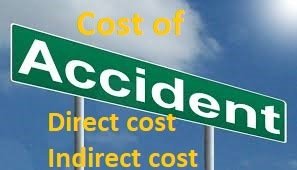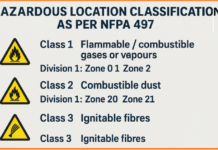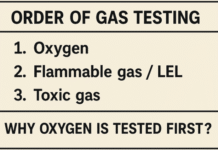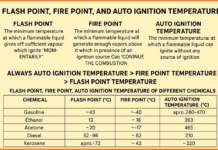With the growth of industries and widespread use of mechanization. The chances of workers being trapped
On the other hand loss of time in accidents tells upon worker’s productivity which is also linked with the production cost. The accident of the symptoms of poor motivation and bad state of industrial morale. Accidents, therefore, cause the direct cost to the management and the workers. In addition to that, the accident also involves indirect cost because of insurance compensation. Installation of safety devices and mechanical safeguards and also the cost of training programmes make accident-cost very alarming. Besides, the state has drastically changed its character as the welfare one. Therefore, it becomes the responsibility of the government and its aided agencies to provide effective legislation for compensation on one hand and welfare measures to the working people on the other. Thus, nowadays every country has its own insurance legislation for dealing with compensation to the work people. Different states have incorporated welfare legislation and statutory obligations of the employers so that those who are affected by accidents are provided with medical expenses, health facilities, training programmes, and rehabilitation measures.
Accidents have direct bearing on social aspects of the working people. Economic history of development countries like U.K., U.S.A. provided enough information that due to rising accident rates of the main bread earner of a family, a number of children were withdrawn from schools and put into employment to compensate the family the family. The likelihood of the workers was mainly depended on coal mining, construction, leather and transport industries. Employment of children significantly increased in the early period of industrialisation characterized by rising accidents in industries. Accidents do not spare women and child labour. In the beginning of the 20th century children had to be employed for cleaning the tunnel, chimneys etc. and consequently fell prey to accidents. Growth of industrialisation in which accident rates were dominant factors led to the formation of labour combination in England. In the early period trade unions had to wage organised and determined struggles against the employers for improving safety conditions on one hand and providing adequate compensation to the victims on the other.
On the social aspects the implications are not less alarming as the family loses its vital income due to the involvement in accident of the main bread earner and as a result economic dependence of the family towards other social institutions keep on multiplying. This this causes imbalance in the growing personality of the family members and finally tells upon the social relationship among the family, society and the individual employee. Therefore, it requires that society and the government should pursue the policy of adequate snd due compensation to the accident victims who contribute a lot towards the economic progress of the organisation. If these victims are left uncared and unrecognised then there is meagre chance of persons having knowledge and expertise of contributing the best to the organization or industry. If anybody knows in advance that in case of accident majority of the workers are not to get due compensation and benefits then the following questions might emerge:
- What will happen to the industry?
- Who will the employed and for whom and also for what purposes?
It is this genesis which justifies organised and developed safety movement, for the management, for the workers and for the society at large.
Economic losses due to accident/incident costs
Accidents cause enormous crisis directly or indirectly. The losses incurred due to accidents could be visible as well as invisible. Certain losses can be evaluated in terms of money whereas certain other losses cannot be evaluated in monetary terms. Industrial productivity can come to a grinding halt or in a state of retardation affecting the very economic base of the industry. In addition to this, compensation to be payed to the employed involved in an accident is enormous. Moreover the pains, woes and worries of the victim workers cause concern to the victims, to their families, as well as to the society.
The management suffers losses involving (a) Direct costs and (b) indirect costs.
- Direct costs. Direct costs imply the medical cost, compensatory costs, cost involved on account of waste of raw materials and damage to machineries, costs involved due to loss of production etc.
- Indirect costs. Indirect costs are those which do not involve definite outlays of money but relate to increased costs of performing business.
Indirect cost may result from any or all of the following situations:
- Lower productivity of the employee after the accident on account of lowering of morale and a sense of insecurity and fear among the workers.
- Overhead costs involved due to expenses on electricity, rent etc.in a somewhat unproductive scenario due to partial participation of the workers as a result of injuries.
- Time lost by the supervisory staff while assisting the injured persons and also for preparing accident reports as well as for conducting investigations or attending government officials.
- Expenditure incurred on factory inspectors and other social security programmes as for example health insurance schemes etc.
- Salaries and wages to be paid to the employees though they are non- functional and idle as a result of injuries and accidents.
To sum up, accident cause adverse effects on productivity, cost of production and morale of the employees. The colossal loss following an accident is alarming which affects the employer, the employee, the society and the government.





